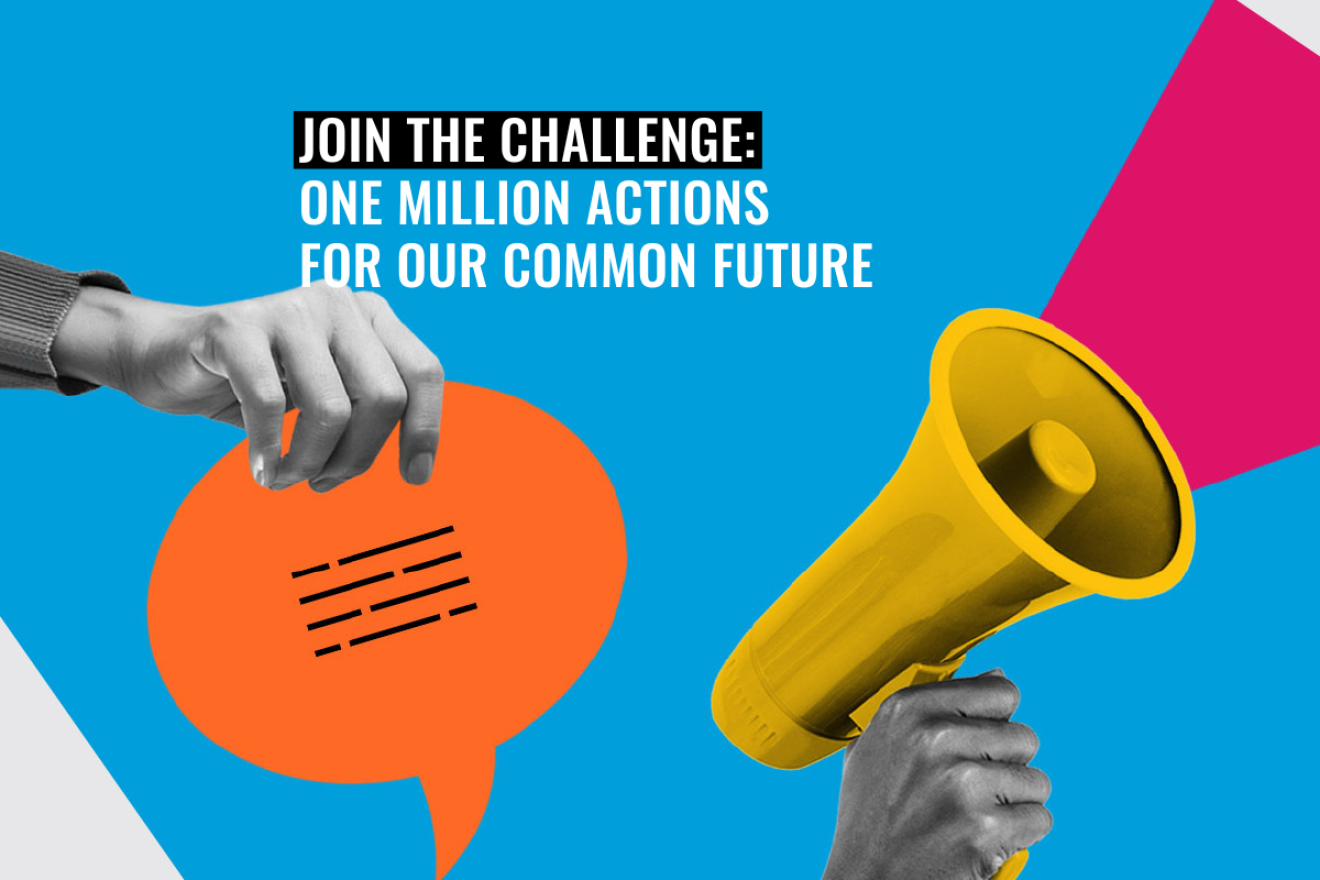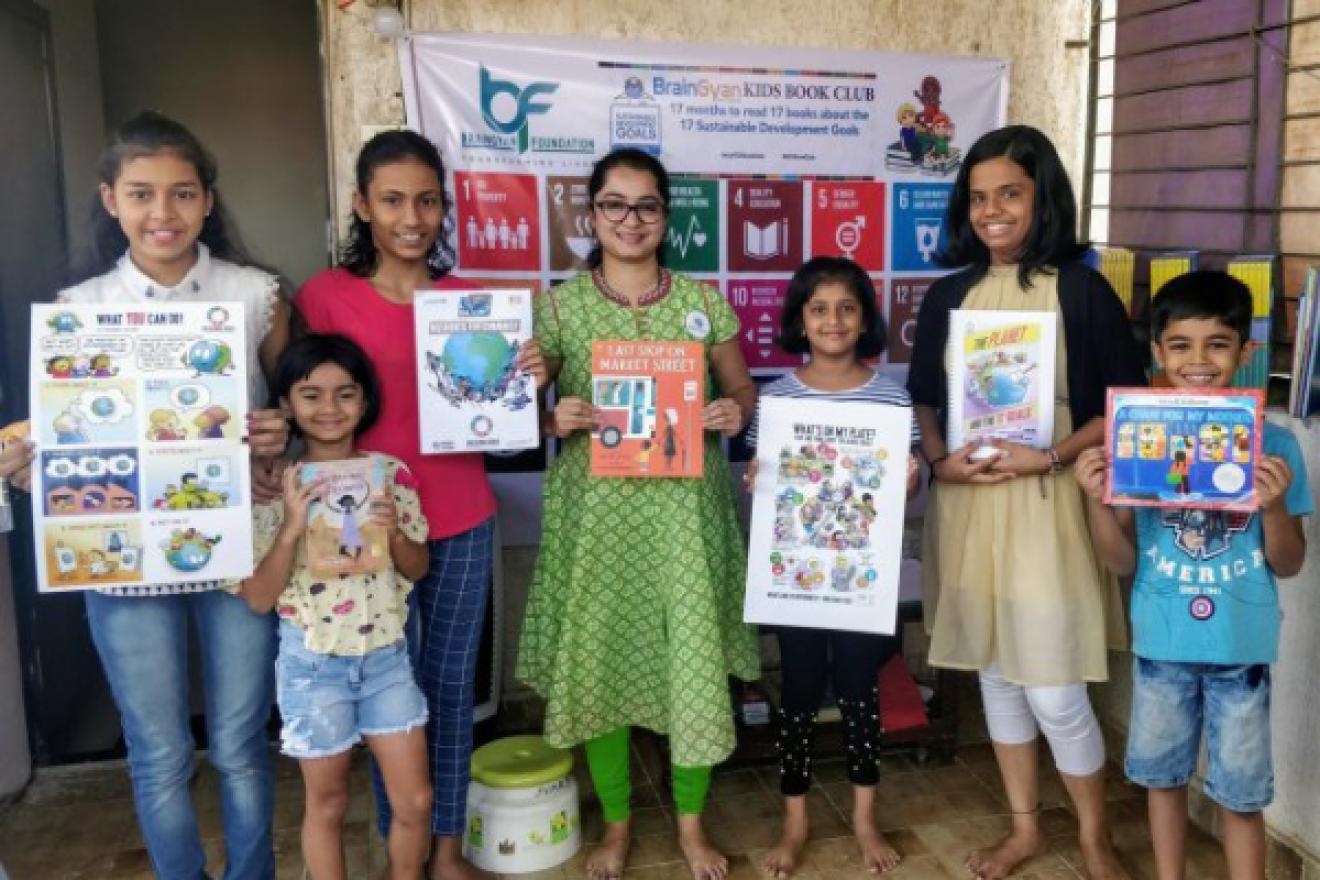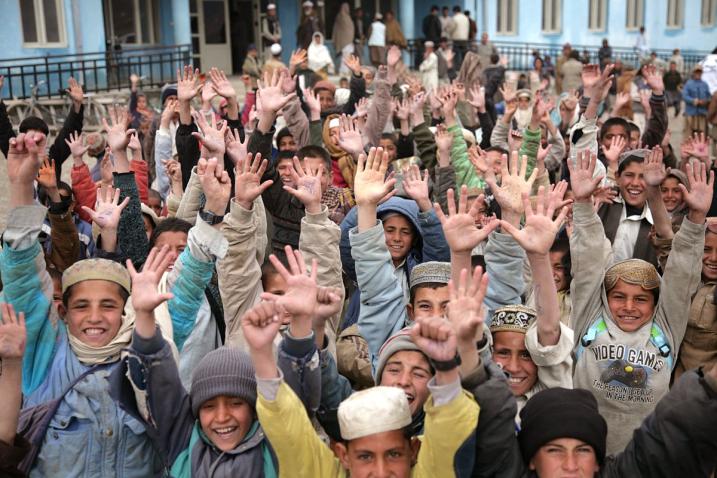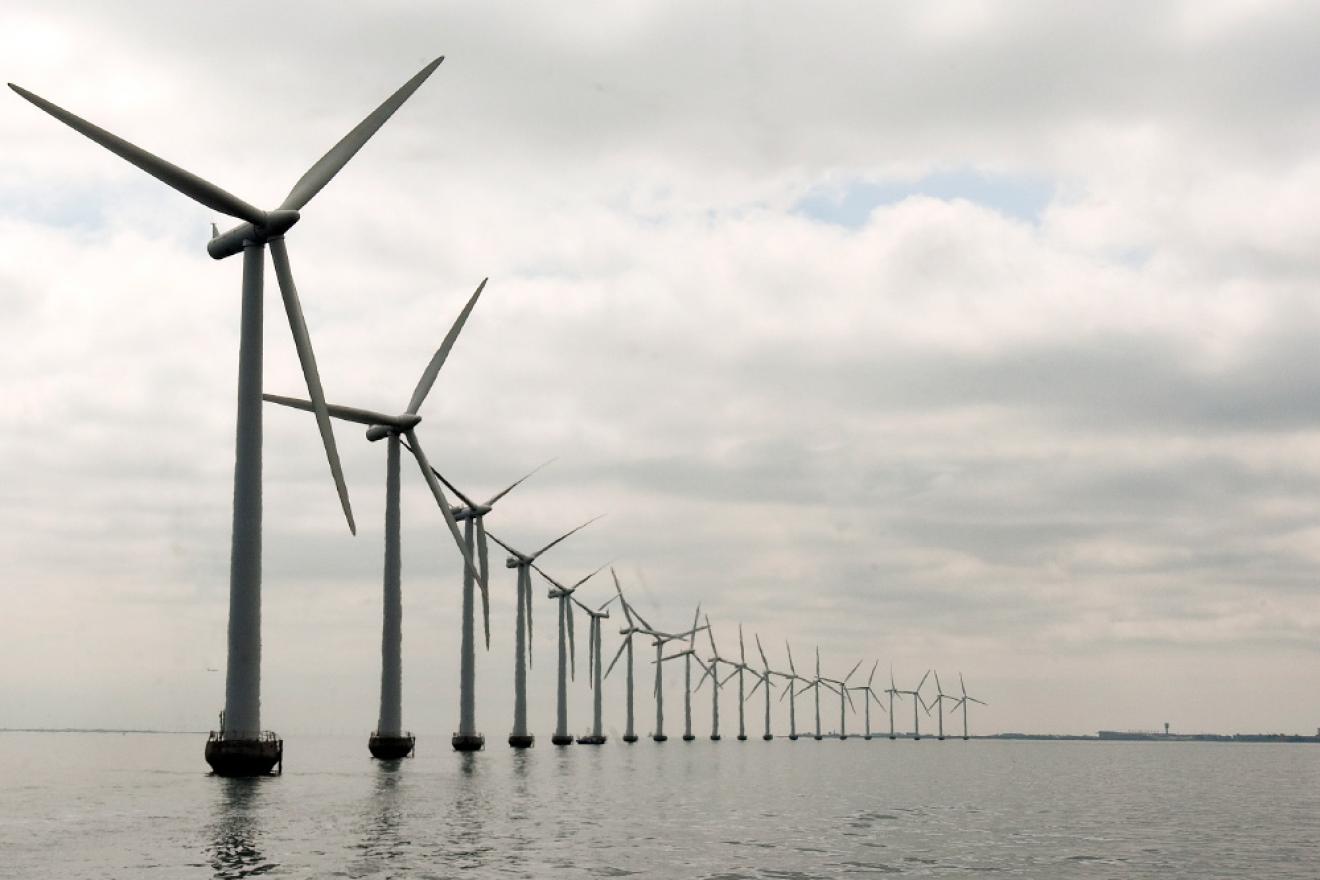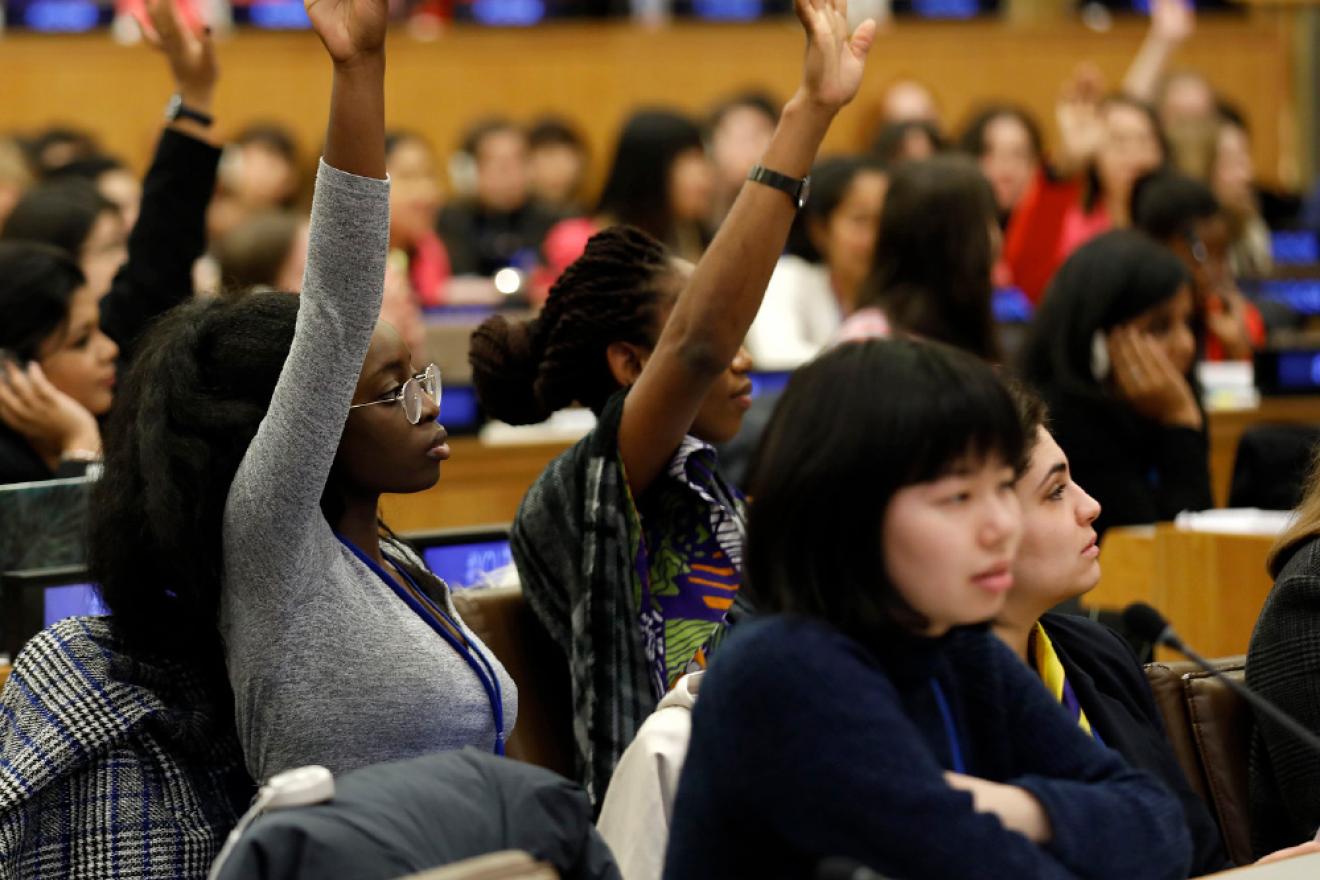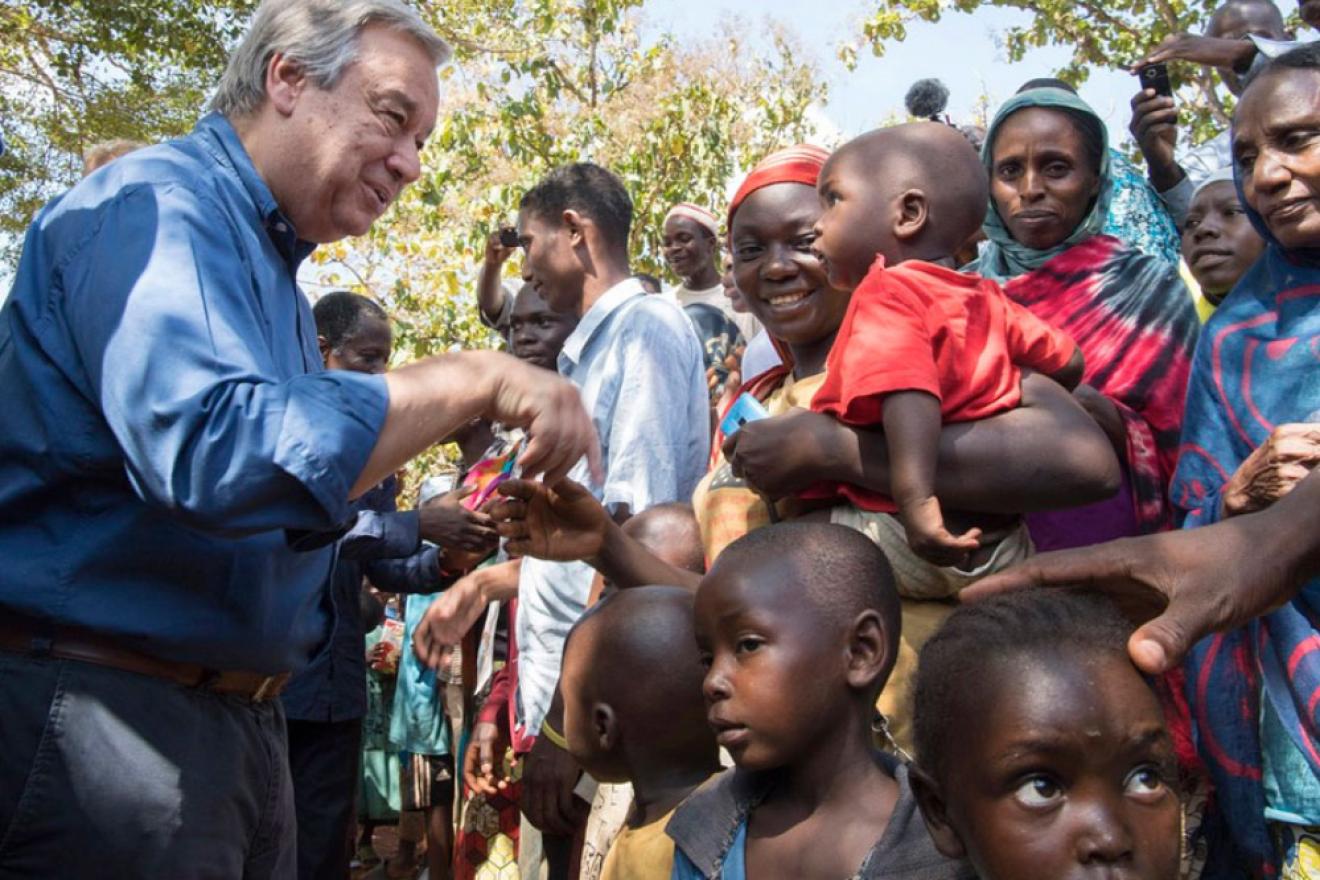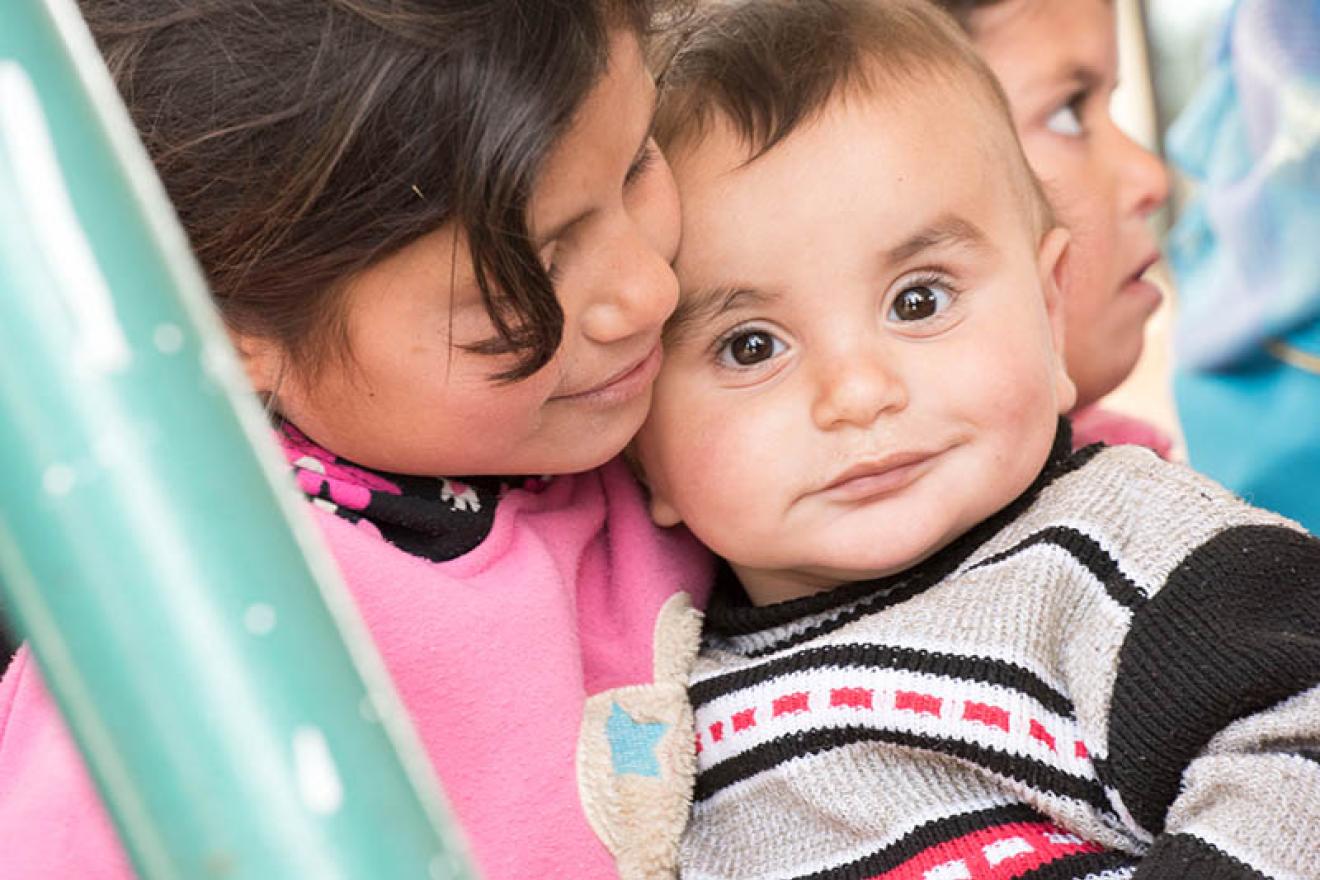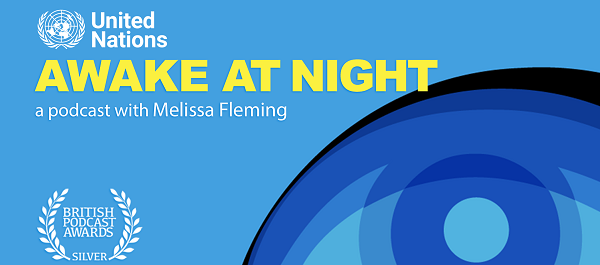ActNow is the UN campaign to inspire people to act for the Sustainable Development Goals (SDGs). In the lead up to the Summit of the Future, join the 1 Million Actions for our Common Future challenge to contribute to a more sustainable and peaceful world. Find new inspiring actions on the app and at un.org/actnow.
Interview with Philippe Lazzarini, Commissioner-General of UNRWA
Interview with Philippe Lazzarini, Commissioner-General of UNRWA
The head of the UN agency for Palestine refugees is at UN Headquarters in New York, where he briefed the General Assembly’s Special Political and Decolonization Committee. UNRWA provides critical services in the occupied Palestinian territory. As UNRWA's operations are under attack by a global disinformation campaign and new legislation passed by Israel, Phillipe Lazzarini says the risk of the Agency’s collapse threatens the lives and futures of individuals and communities, the stability of the region, and the integrity of our multilateral system. Mr. Lazzarini speaks to the UN's Director of News and Media, Ian Phillips.

From Declaration to action: Antimicrobial resistance initiatives centre stage at Jeddah conference
14 November 2024 — Antimicrobial resistance initiatives are back in the spotlight as stakeholders gather in Jeddah, on the Saudi Arabian coast, a few months after a high-level meeting in New York...
Middle East crisis: Live updates for 14 November
14 November 2024 — Israeli military operations are blocking, denying or impeding lifesaving aid requests in Gaza on Thursday as the war there and in Lebanon continues to kill, injure and displace...
Gaza: Israeli war tactics condemned as aid still blocked from reaching north
14 November 2024 — Intense Israeli military operations have continued in Gaza as UN humanitarians reported that multiple attempts to deliver lifesaving aid to besieged areas in the north of the...



